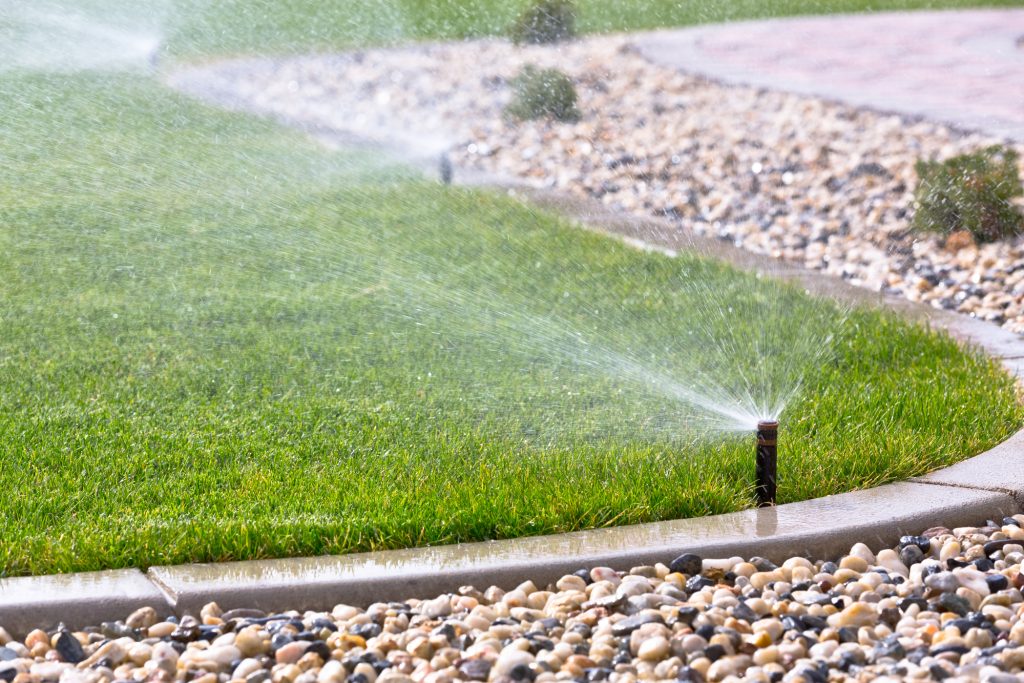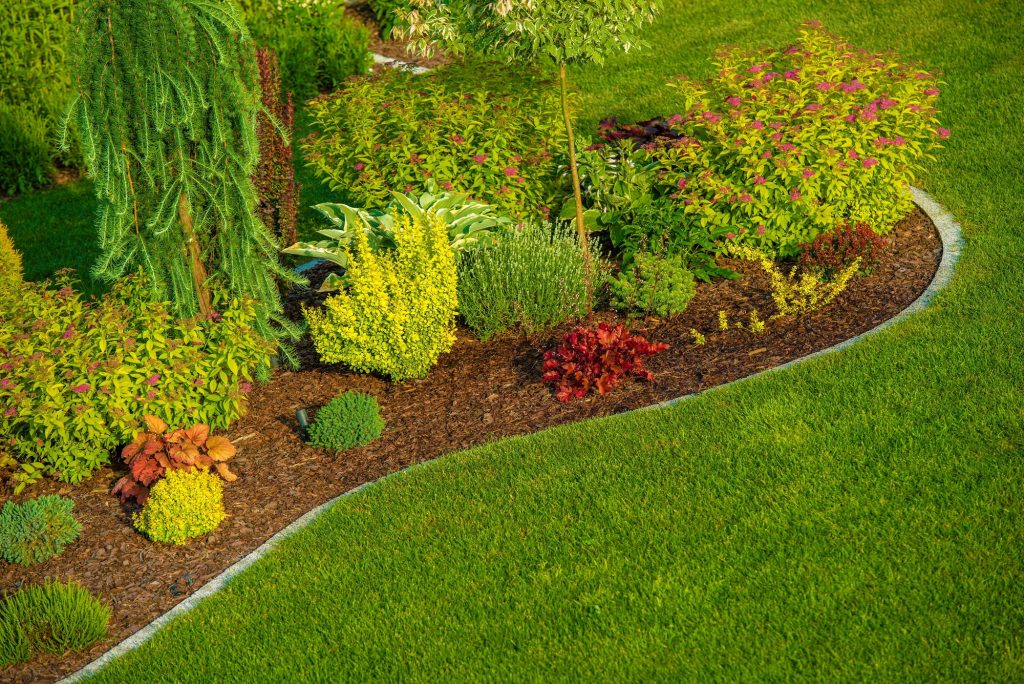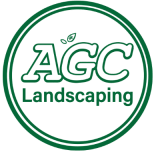When it comes to the Irrigation Melbourne West, one size does not fit all. If you are on the hunt for the right system for your property, get your WHYs cleared first. Answer questions like why are you irrigating, what soil you need and what system would be best for your property.
What we tend to do sometimes is overdo it, which in irrigation language is over-irrigating. For this, you need to have your basics brushed up. Your goal here is to maintain efficient water use while daydreaming about the future of your crop.
Why Should You Irrigate?
Just like the roots of your hair need oil, plants need water for growth. It is how roots are able to access fertilisers and other nutrients from the soil.
Given the rainy conditions in Melbourne (approximately rainy for half a year), these are the benefits irrigation can offer you:
- High Production: Melbourne’s West rains mostly come in the form of drizzles or light showers. While that remains inadequate for proper crop production, irrigation can provide your plants with the moisture and nutrients they need.
- Frost Control: The overhead sprinklers are used to minimise damage from the crops that are vulnerable to frost.
- Reduces Heat: Evaporation from the sprinklers helps with reducing heat and stress in some crops.

Types of Irrigation Systems in Melbourne
Irrigation methods have improved over the years leading to quality production. Here are some of the most common Irrigation Melbourne West that we have seen.
1.
Surface Irrigation
Issac Newton would be delighted to know how this type of irrigation system uses gravity. In this irrigation system, water is applied and distributed over the soil by gravity.
It is one of the most common forms of Irrigation Melbourne West. Also known as flood irrigation, in this system the water distribution is uncontrolled. Once, the system is set in motion, you can expect the water to do either of two things:
- Keep running off
- Start to pond
And no, like everything, even this system is not perfect. Here’s why:
- It causes waterlogging: Due to excessive water, the crops struggle to grow. So, unless the unwanted amount drains off from the roots of the crop, this problem can become intense.
- An increased amount of soil in the soil: The excess water flow might add a high quantity of salt to the soil, because of which leaching of salts from the soil may be restricted.
2.
Centre-Pivot Irrigation
Also known as water-wheel and circle irrigation, in this system the machinery rotates around a pivot. Also, the way the plants are watered is modernised. Instead of flowing water into the crop, they use sprinklers.
The round area in the middle of the pivot is irrigated, creating a round pattern in your plants when you look at it from the top.
In Melbourne’s West, the centre pivots are electric-powered (for the most part). So, this system reduces the labour cost.
Talking about the negative effects, when using this system, the water table becomes more prone to get drained or dewatered.
3.
Drip Irrigation
If you want to grow high-value vegetable crops, drip irrigation systems should be your go-to. From being applied to orchards to vineyards, this irrigation system includes a network of tubes having tiny holes.
In drip irrigation, the tubes are either placed above or below the soil’s surface, which then gradually drips water into the roots/soil for a prolonged period.
This irrigation system uses up to 30-50% less water than other systems. It allows the water to go deep within the surface of the soil while preventing soil erosion and nutrient runoff.
4.
Sprinkler Irrigation
Irrigation Sprinklers, as the name suggests, is a device that is used to irrigate crops, plants, golf courses and other areas. In this irrigation method, crops are watered in a controlled way and look quite literally like rainfall.
Sprinklers like an impact sprinkler, where the head of the sprinkler drives in a circular way due to the pressure of water. It helps in providing uniform water distribution. Think of it as an artificial sample of the actual rainfall.
For Irrigation Melbourne West, home lawn sprinklers are recommended. They come in various shapes and sizes. Impact sprinklers, oscillating sprinklers, drip sprinklers, portable sprinklers, and portable sprinklers are the common types of home lawn sprinklers.
Deciding the best Irrigation System for your Melbourne West Property
Common crops that are produced in Melbourne West are barley, canola, oats, lupins, and field peas etc. To know which irrigation system would work best for you, it’s important to note what kind of plant, fruit, or herbs are you looking to grow on your property.
Here’s a little guide to irrigation systems for your specific crop:

If you are looking to grow barley crops, go for sprinkling irrigation.
If you want it for canola, flood irrigation should be your go-to.
If you want to grow vegetables and turf on your property, go for smaller-scale sprinklers.
Lastly, for fruit and berry trees, go for drip irrigation systems.
For field peas, go for drip irrigation.
Contact Us for a Free Irrigation Melbourne West Quote Make Your Crops Thrive
While from the outside, irrigation systems might look like an efficient play of water to you, it’s a lot more than that. Here are the following things you must keep in mind before you install an irrigation system for your crops in Melbourne’s West:
Stay away from overusing and poor irrigation systems, as they increase the salt amount in your soil, leading to a reduction in overall productivity.
If you are on the lookout for a reliable irrigation system on your property at Melbourne West, feel free to contact us at (03) 9988 9110. From providing great service to a value-for-money system, we make your crops thrive.
As they say, the grass is greener where you water it. Well, water it efficiently.
